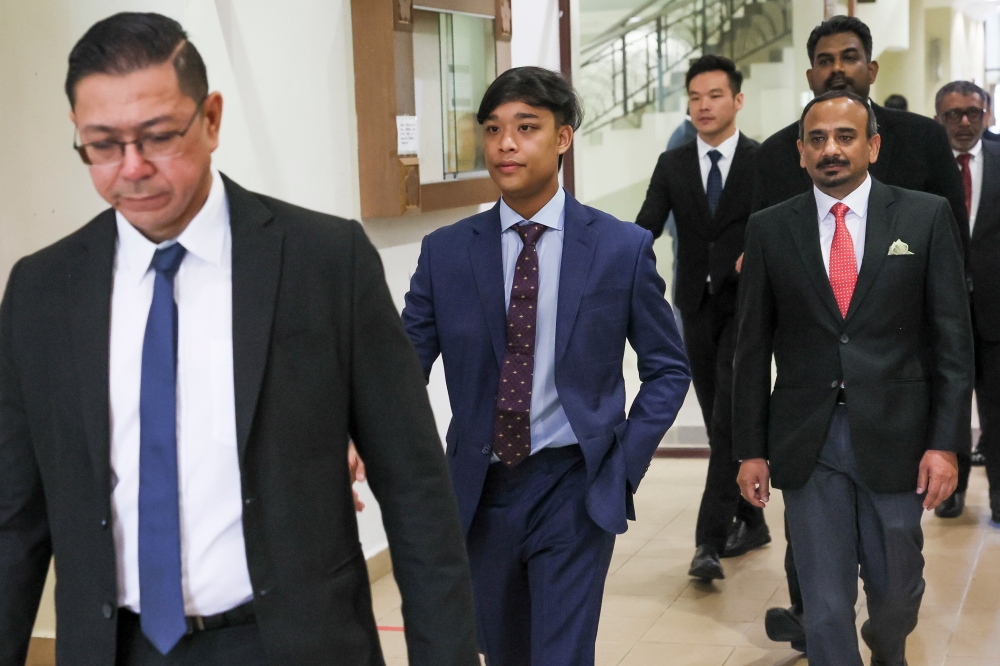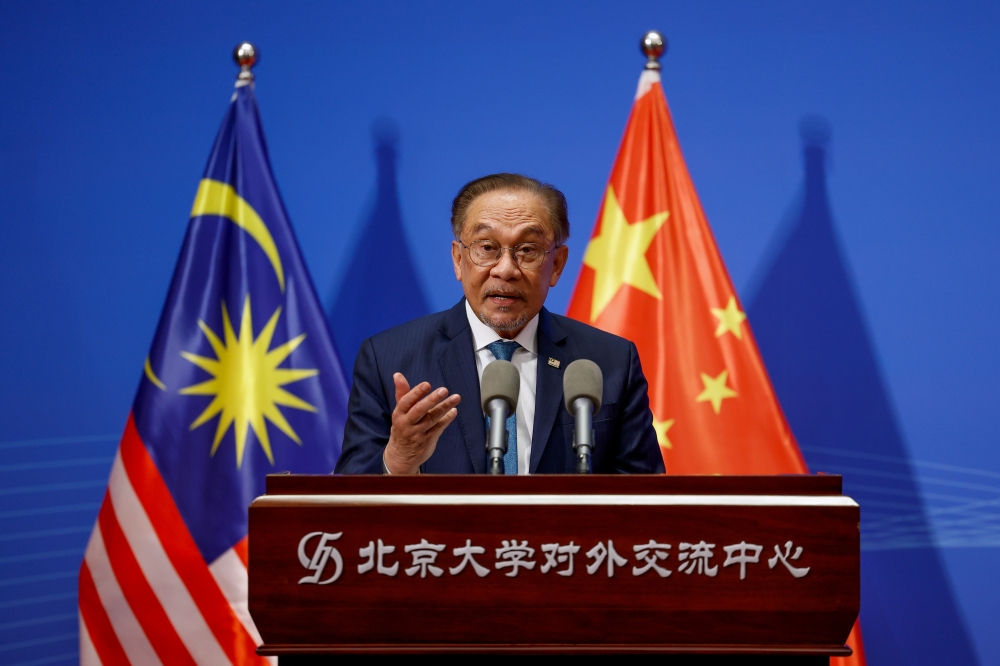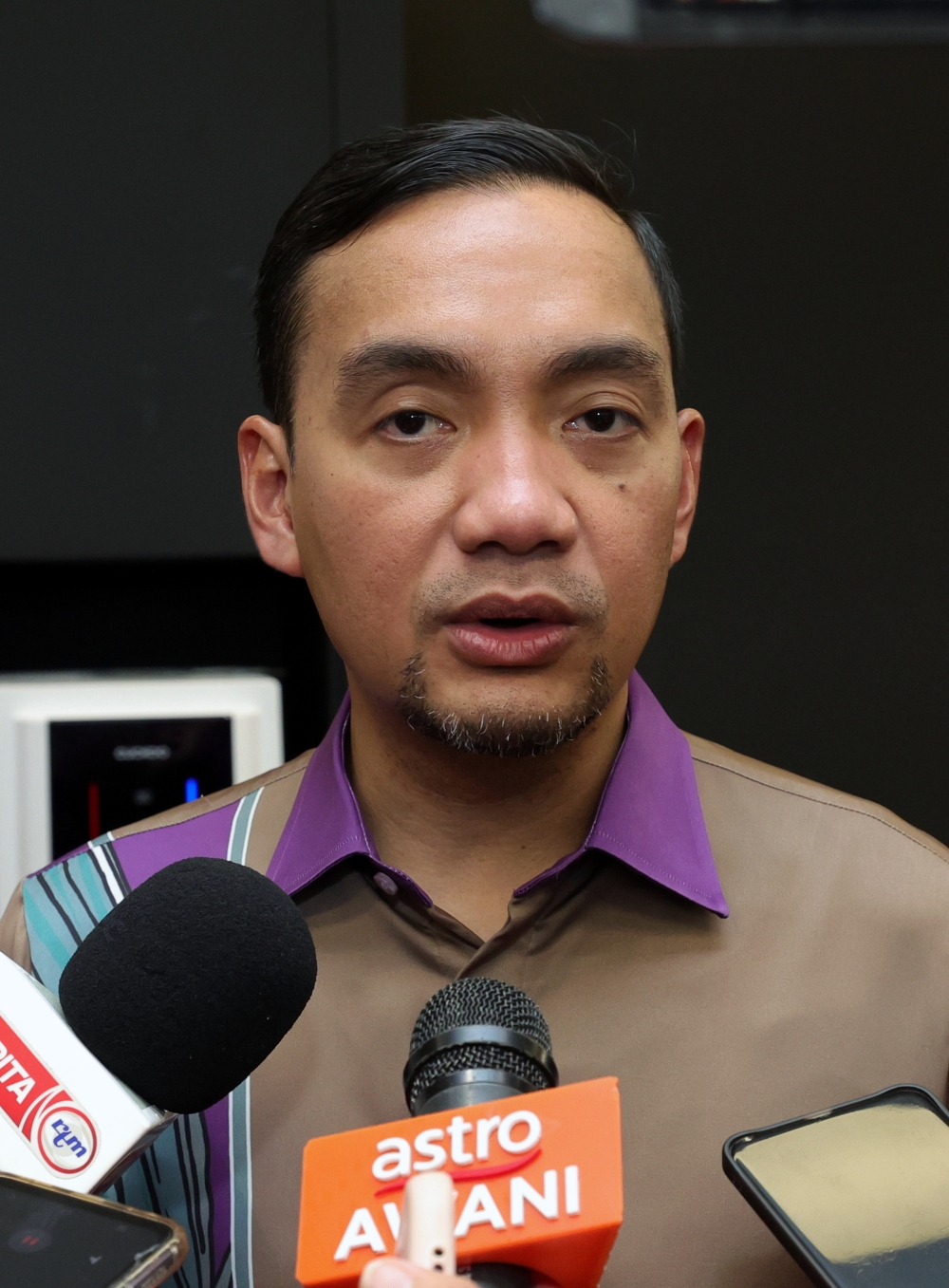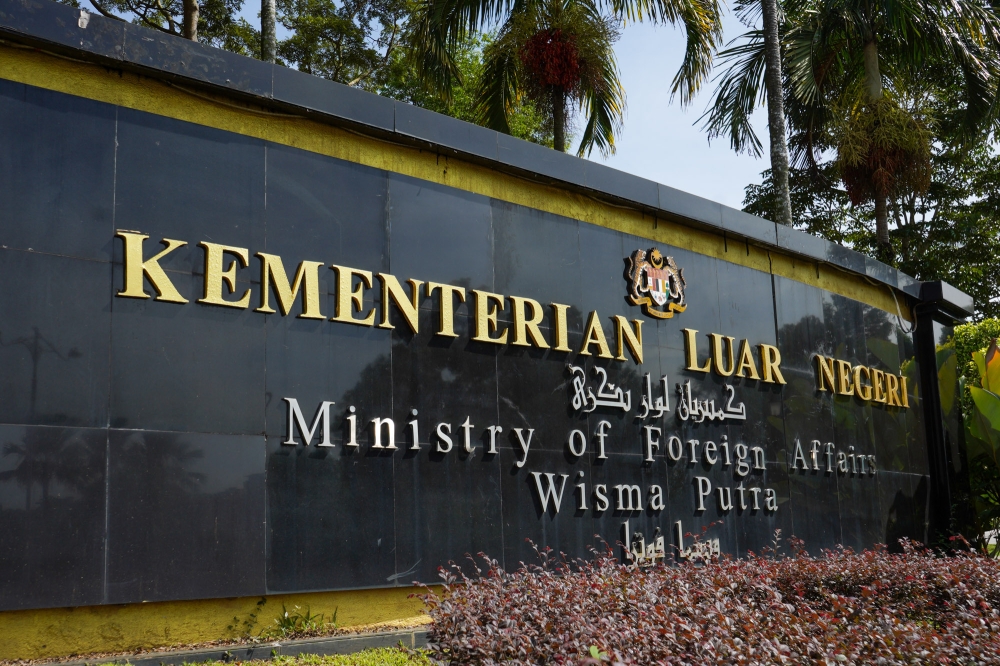KUALA LUMPUR, Aug 10 — Religious Affairs Minister Datuk Zulkifli Mohamad has expressed his hope today for the controversial amendments that would allow harsher punishments for Shariah criminal offences to be realised before his death.
Speaking in the Parliament, the minister in the Prime Minister’s Department said proposals on the Bill to amend the Shariah Courts (Criminal Jurisdiction) Act 1965 or Act 355 — known as RUU355 in Malay — need to be presented to state Islamic authorities before tabling.
“Once these processes have been completed, then only the amendment can be proposed, when the time is right.
“I hope, God-willing, it can be realised before I die,” he told the Parliament today during his winding up speech for the debate on the King’s address.
Zulkifli was responding to PKR’s Kulim Bandar Bharu MP Datuk Seri Saifuddin Nasution Ismail’s supplementary question, who expressed gratitude before he asked if there is a timeline of when the amendment Bill can be tabled.
Islamist party PAS had previously starting from 2015 planned to table the Bill to amend the Shariah Courts (Criminal Jurisdiction) Act 1965, also known as Act 355, but was halted by then Barisan Nasional government.
The Bill seeks to raise the Shariah courts’ maximum sentencing limits to 30 years’ jail, RM100,000 fine and 100 strokes of the cane. The current limits are three years’ jail, RM5,000 fine and six strokes.
The Bill was allowed by the Barisan Nasional government to be tabled and read out in Parliament, though it was never passed.
However with PAS now part of the government, it had instead downplayed the return of the Bill, with vice-president Datuk Mohd Amar Nik Abdullah saying there are other issues that need to be prioritised, including a possible no-confidence vote against the prime minister.
“The amendments to the Act 355 will be tabled in accordance with the order and framework of the Federal Constitution.
“Some important processes need to be scrutinised and implemented first, before the Bill to amend the Act 355 is brought to Parliament,” Zulkifli said today.
He also explained that it covers discussions at the level of the Islamic and Civil Law technical committee of the established by National Council for Islamic Religious Affairs.
“These discussions are held to evaluate and standardise all amendments as well as the enactment of laws involving Islamic affairs.
“Therefore, the government needs to allow room and time for the technical committee to study the amendment proposals, apart from formulating and negotiating with the States.
“It is appropriate and organised if the proposals to amend this Act is first negotiated at state level so that the laws are holistic and represent each states’ aspirations.
“This is because the State Islamic Religious Council, State Islamic Religious Department, state mufti office and state advisory and law offices will be directly affected by the amendment to this Act,” he said.
















.jpg)


